
Selecting the right dog breed based on your lifestyle and household environment is crucial to ensuring a happy home for both the dog and its owner. While some dog breeds crave constant companionship and thrive on interaction, others are more independent and can handle being alone for longer periods. Understanding a dog’s need for social interaction or their ability to tolerate solitude can prevent issues such as separation anxiety and destructive behavior, which often stem from mismatched energy levels and companionship needs. This article will explore seven dog breeds that are well-suited to being alone and five breeds that struggle with solitude, providing potential dog owners with the knowledge to choose a breed that aligns with their daily routines and availability.
Breeds That Love Being Alone
1. Basenji
The Basenji, often referred to as the “African Barkless Dog,” is known for its independent and reserved nature. This breed is not overly clingy or needy, making it a good choice for individuals who work long hours or cannot provide constant attention. Basenjis are intelligent and self-reliant, often finding ways to entertain themselves. Although they form strong bonds with their owners, they do not typically display the separation anxiety that more dependent breeds might show. Their quiet nature and ability to entertain themselves make them well-suited to being alone for periods during the day.
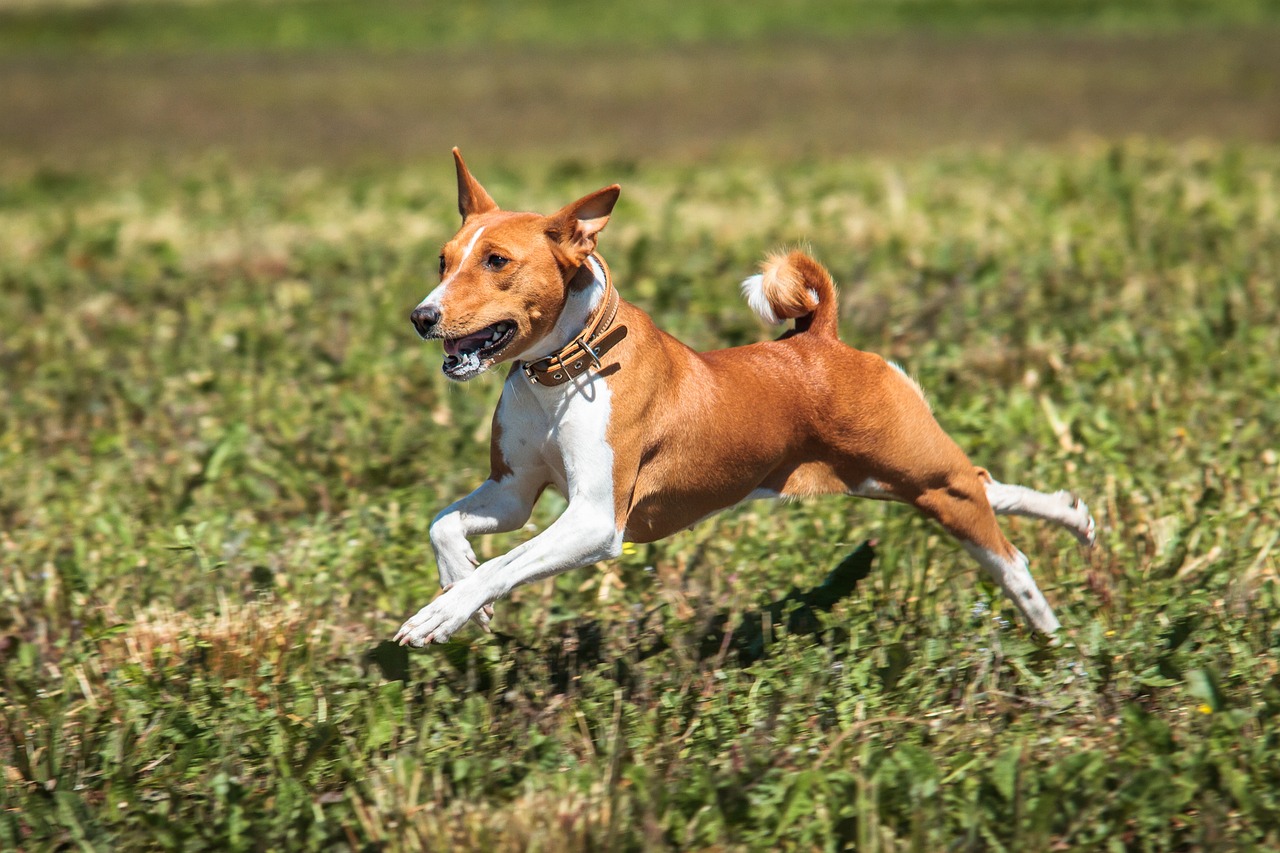
2. Shar Pei
Originally bred as a farm and guard dog in China, the Shar Pei is a reserved and independent breed that often prefers its own company. They are known for being somewhat aloof and can be suspicious of strangers, traits that contribute to their ability to spend time alone without feeling distressed. Shar Peis are loyal to their families but do not require constant interaction or affection to remain content. Their calm demeanor and self-sufficiency make them suitable for households where they might need to entertain themselves for portions of the day.
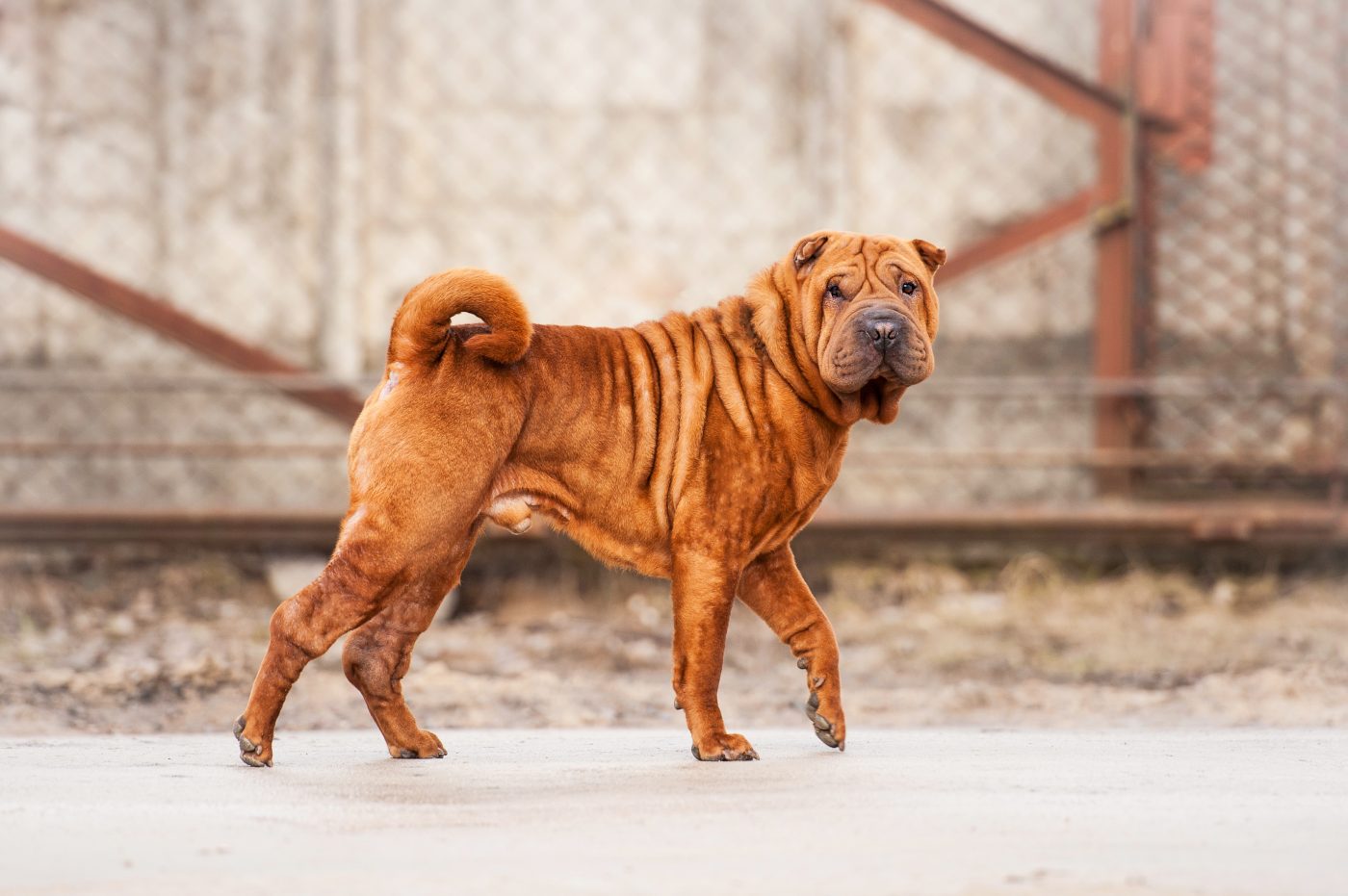
3. Greyhound
Despite their reputation as racing dogs, Greyhounds are surprisingly laid-back and low-energy when not on the track. They are known for being “couch potatoes” and can spend large parts of the day sleeping peacefully. This breed is generally not prone to separation anxiety and can handle being alone better than many other breeds. Greyhounds are gentle and independent, preferring a peaceful environment where they can relax without constant disturbance.
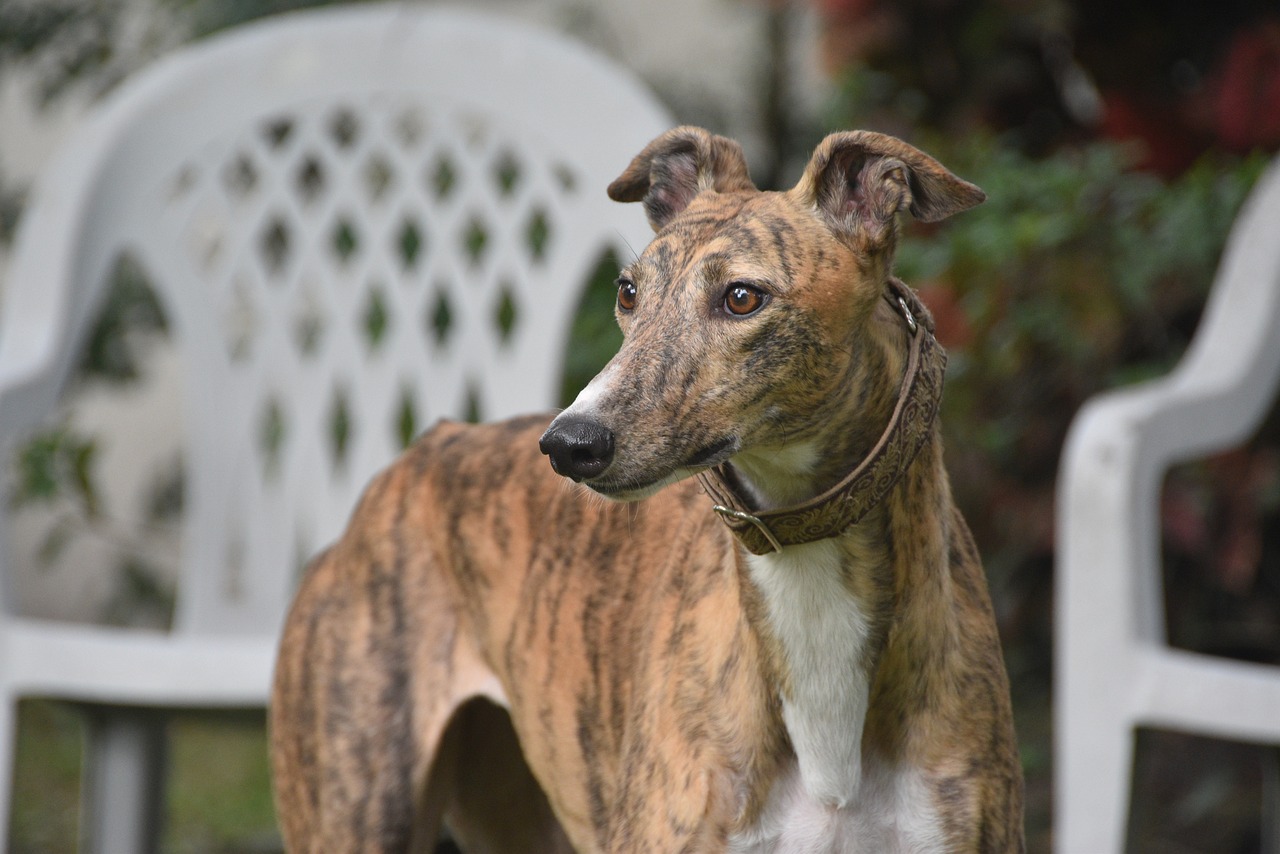
4. Chow Chow
Chow Chows are known for their cat-like personalities, including their independence and aloofness. They tend to form a strong bond with only one or two family members and often disregard others. Their need for personal space and low demand for social interaction make them one of the breeds that cope well with being alone. However, it’s important to provide them with early socialization to ensure they remain well-adjusted and non-aggressive.
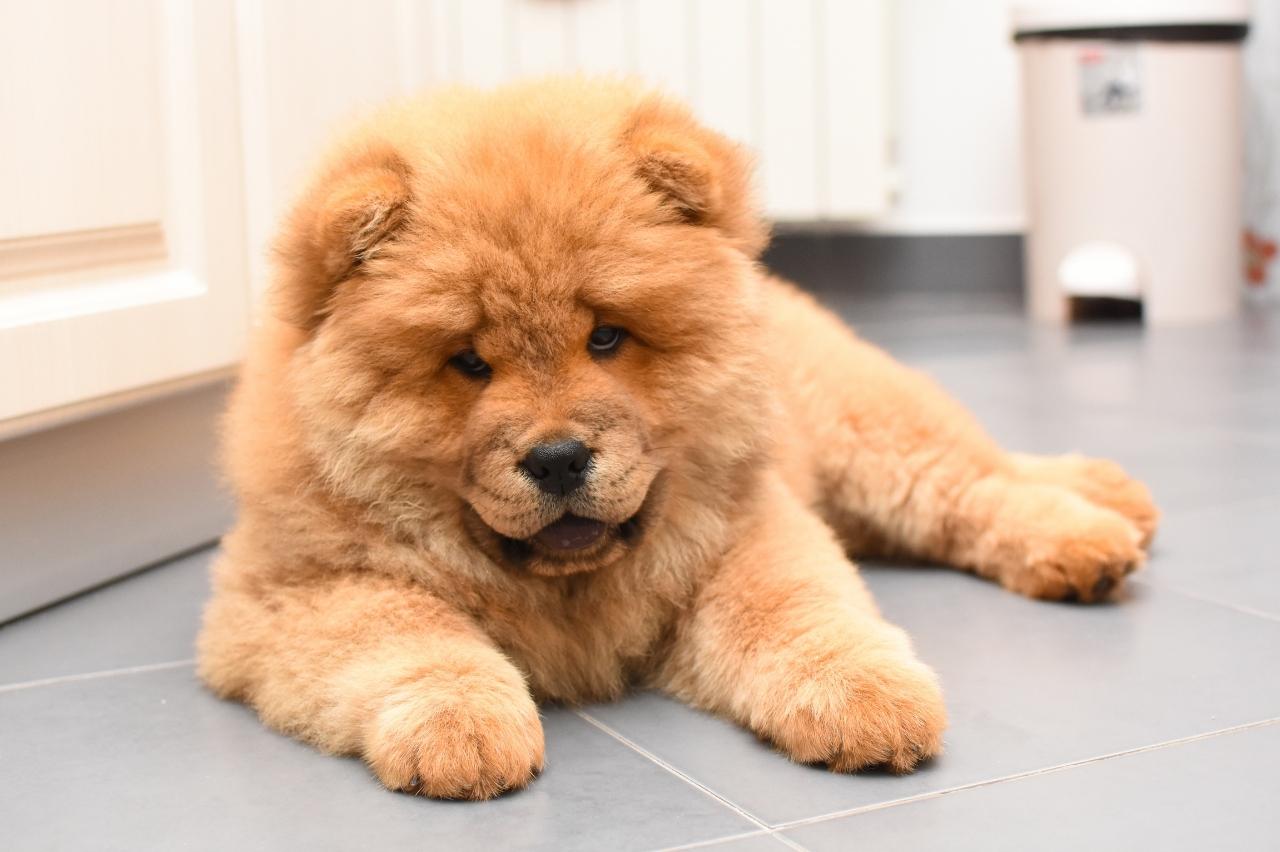
5. Scottish Deerhound
The Scottish Deerhound is a gentle and dignified breed that enjoys peace and quiet. They are not overly clingy or demanding of attention, often content to lounge around the home. While they appreciate the company of their owners, they do not require constant interaction and can spend time alone without anxiety. Their laid-back nature makes them suitable for households where family members are away for parts of the day.

6. Akita
The Akita is a loyal and protective breed but also very independent. They were originally bred for hunting large game such as bears in Japan and are accustomed to working alone. Akitas are known for their reserved nature and can be quite content when left to their own devices. They form strong bonds with their owners but do not need constant attention to feel secure and happy.
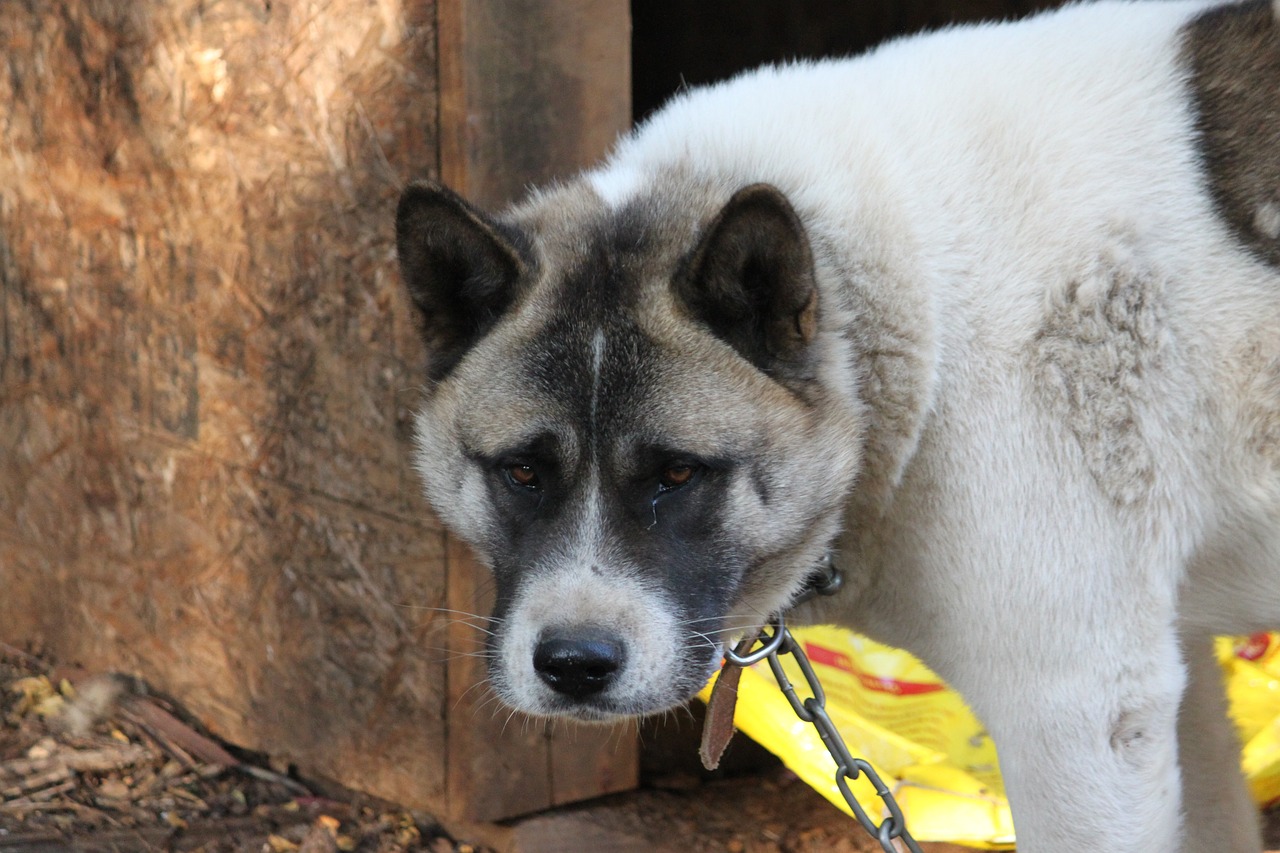
7. Bullmastiff
Bullmastiffs are powerful dogs that were originally bred to guard estates and are naturally independent. They are calm and courageous with a low need for intense interaction, making them well-suited to families that may not be able to provide constant companionship. Their protective nature ensures they are always looking out for their home and family, even in their owner’s absence.
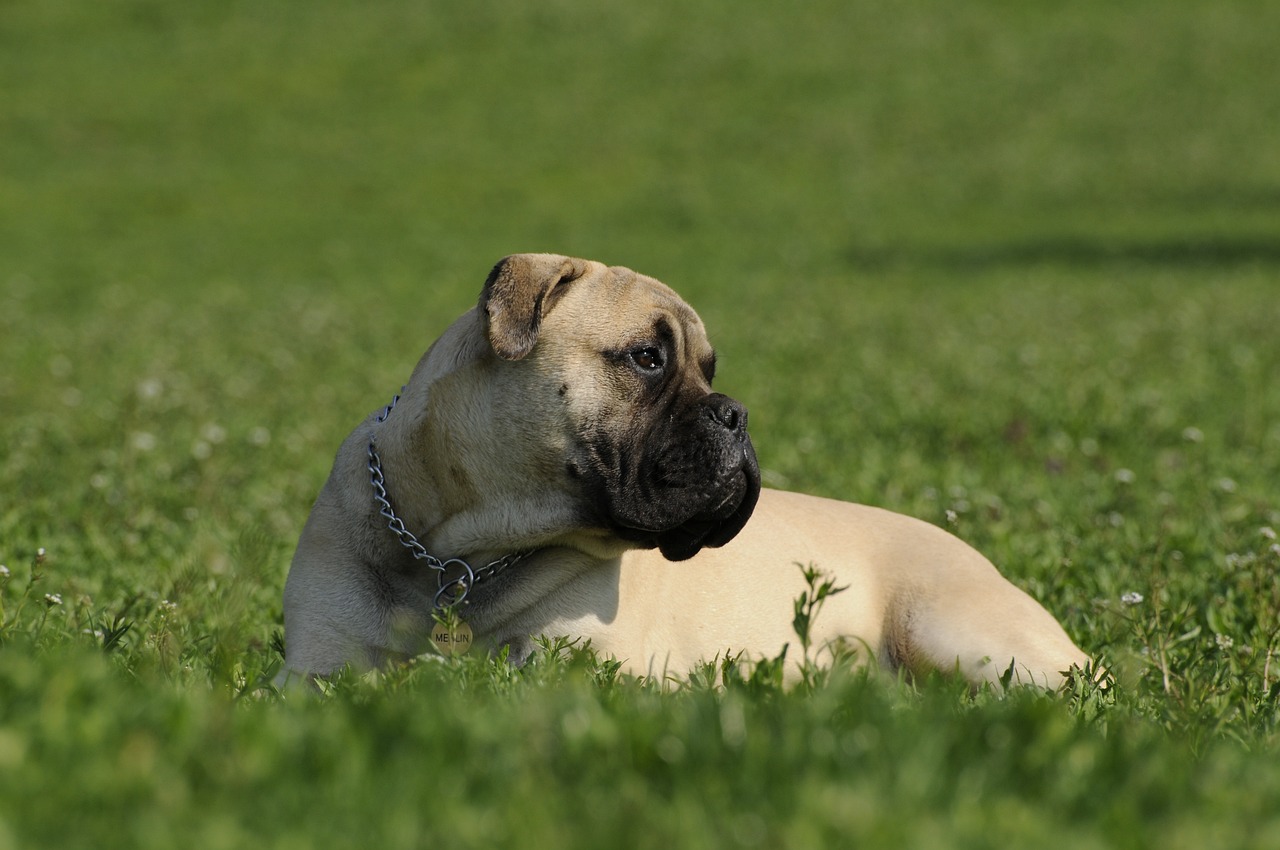
Breeds That Hate Solitude
1. Vizsla
Vizslas are known as “Velcro dogs” due to their intense need for companionship. They thrive on close contact with their humans and can become anxious and destructive if left alone for too long. This breed is highly social and energetic, requiring both physical and emotional engagement regularly.
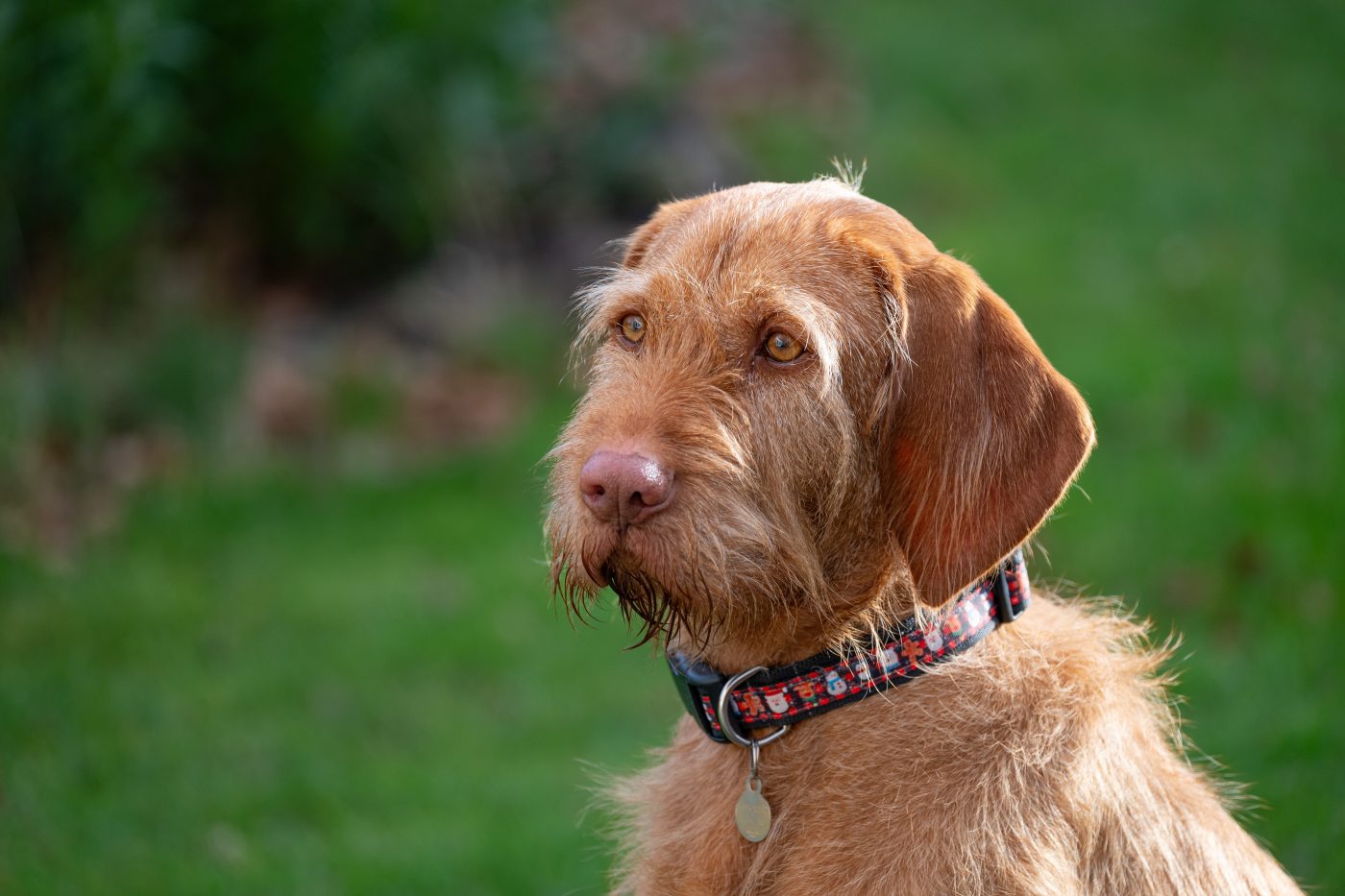
2. Australian Shepherd
Australian Shepherds are highly intelligent and energetic dogs that crave interaction and activity. They are work-oriented and thrive in environments where they can participate in tasks and games. Aussies can quickly develop separation anxiety if left alone frequently, as they prefer to be involved in all family activities.
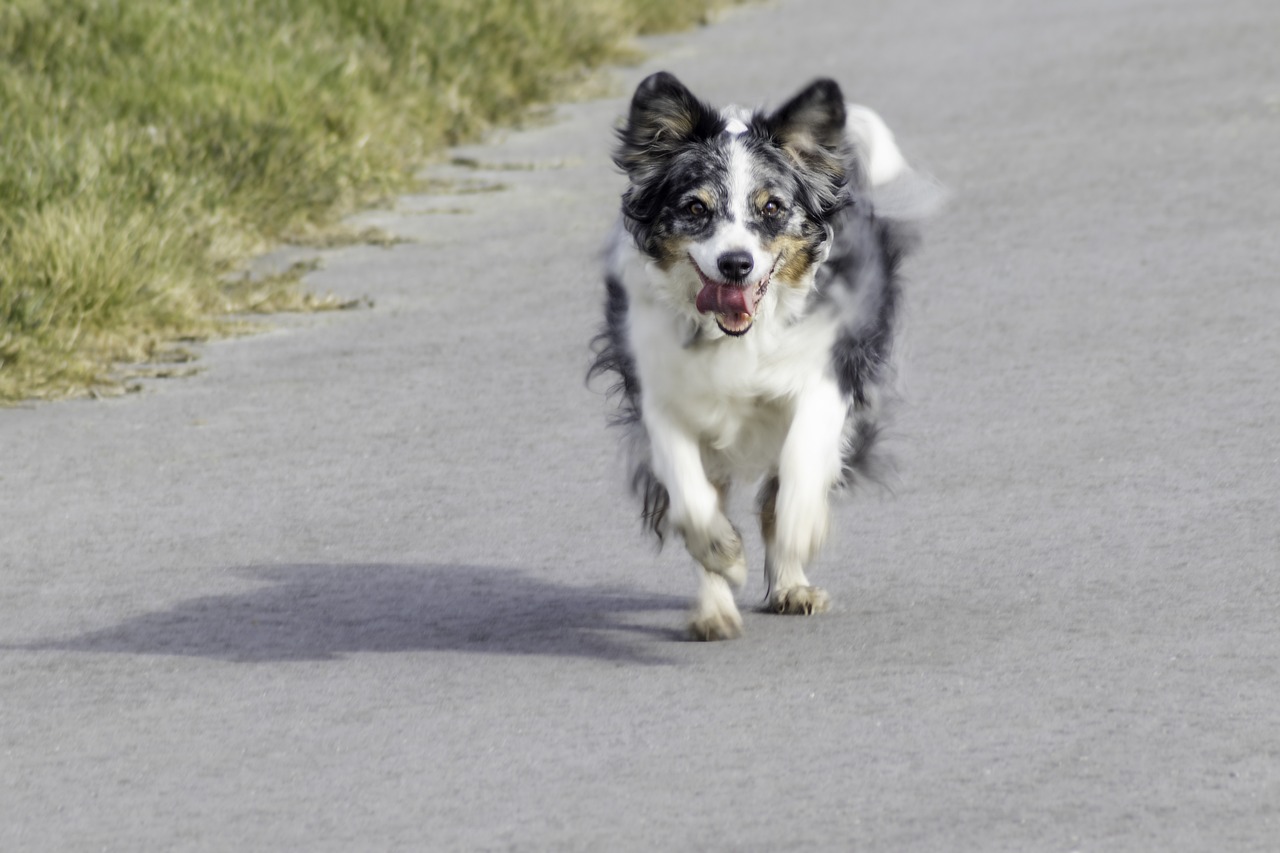
3. Border Collie
Border Collies are incredibly intelligent and active dogs that require constant mental and physical stimulation. They are happiest when working or playing and can become distressed if left alone without adequate stimulation. This breed needs a job to do and thrives in environments where interaction is constant and engaging.
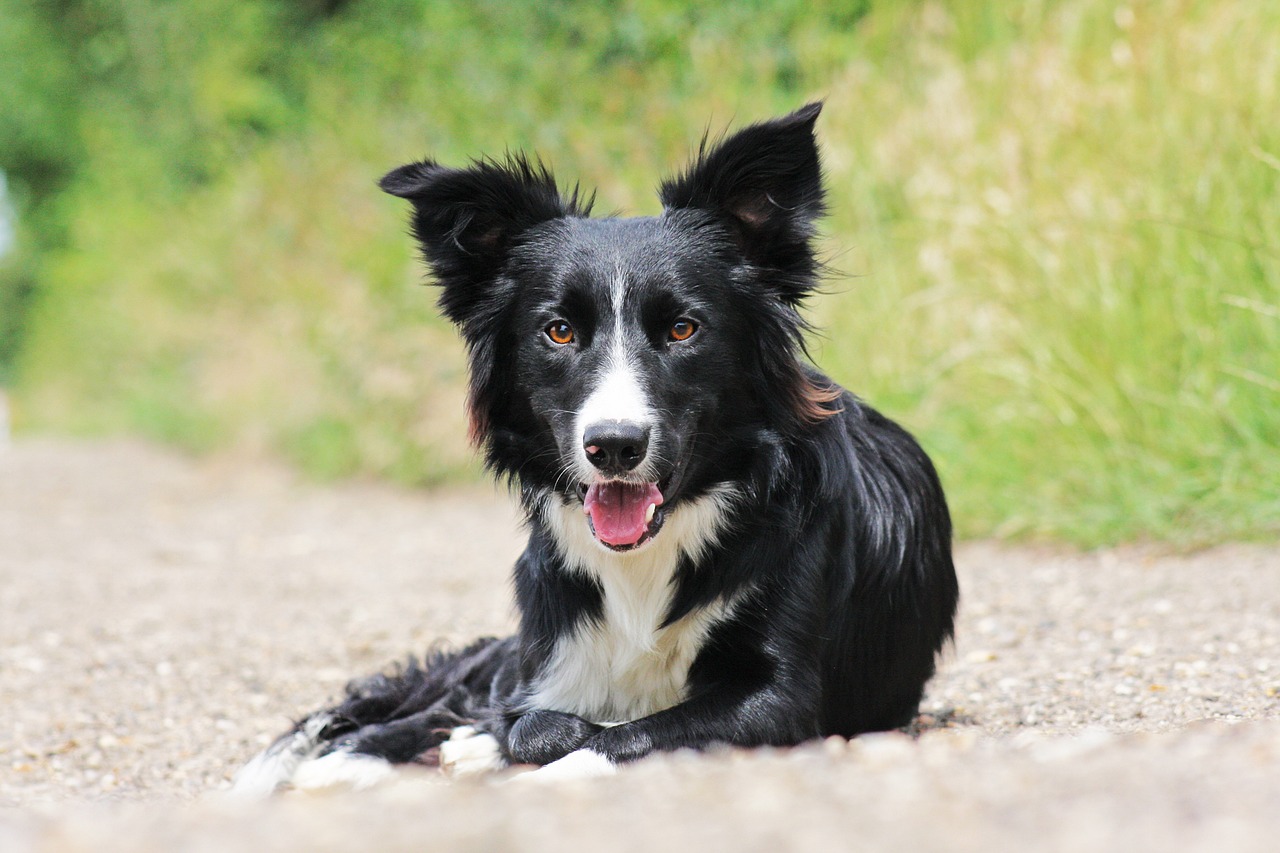
4. Labrador Retriever
Labrador Retrievers are extremely sociable and friendly dogs that form deep attachments to their families. They are not well-suited to being alone for long periods, as they can become lonely and bored, leading to destructive behavior. Labs are happiest when they can interact frequently with their humans and participate in activities together.
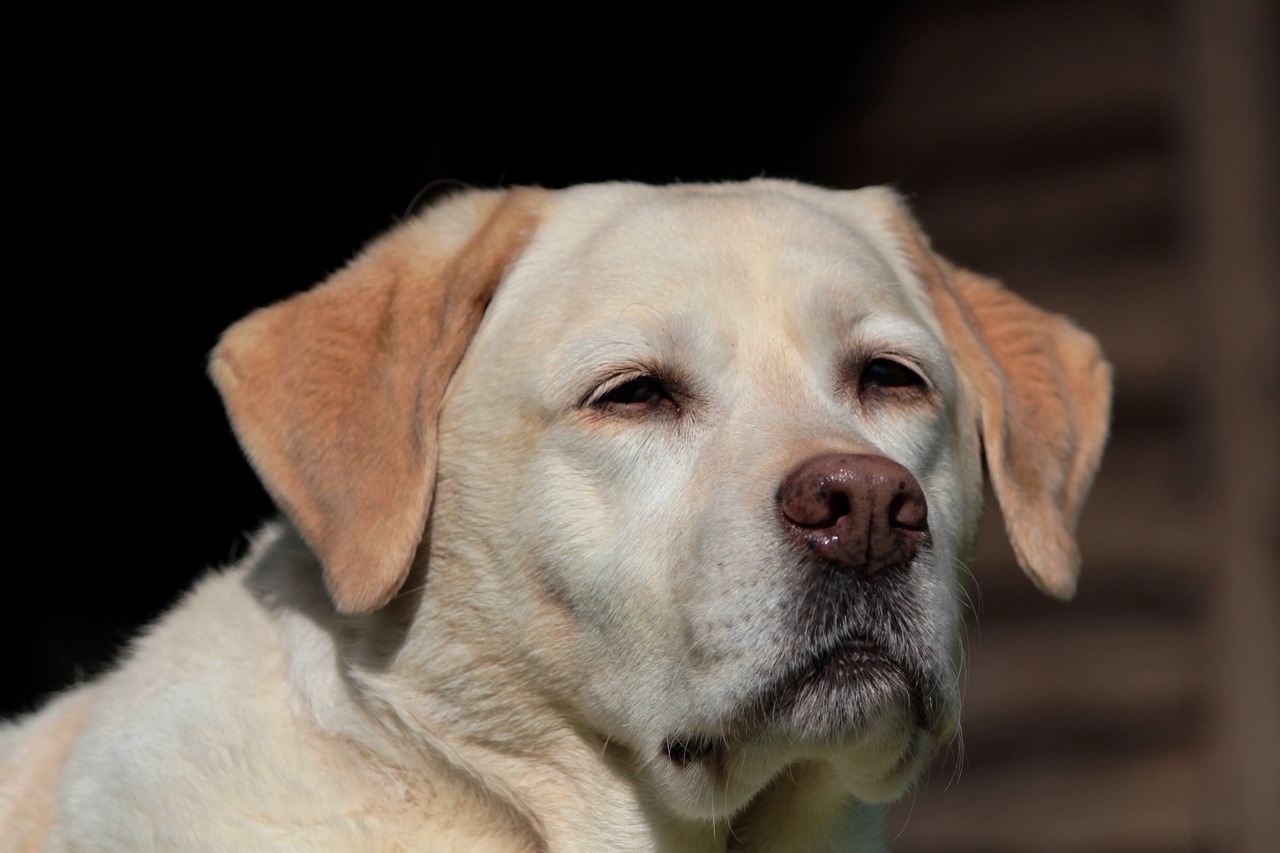
5. French Bulldog
French Bulldogs are companionable and thrive on human interaction. They can become very attached to their owners and dislike being left alone. Frenchies can suffer from separation anxiety if not given enough attention and companionship, which can manifest in undesirable behaviors.
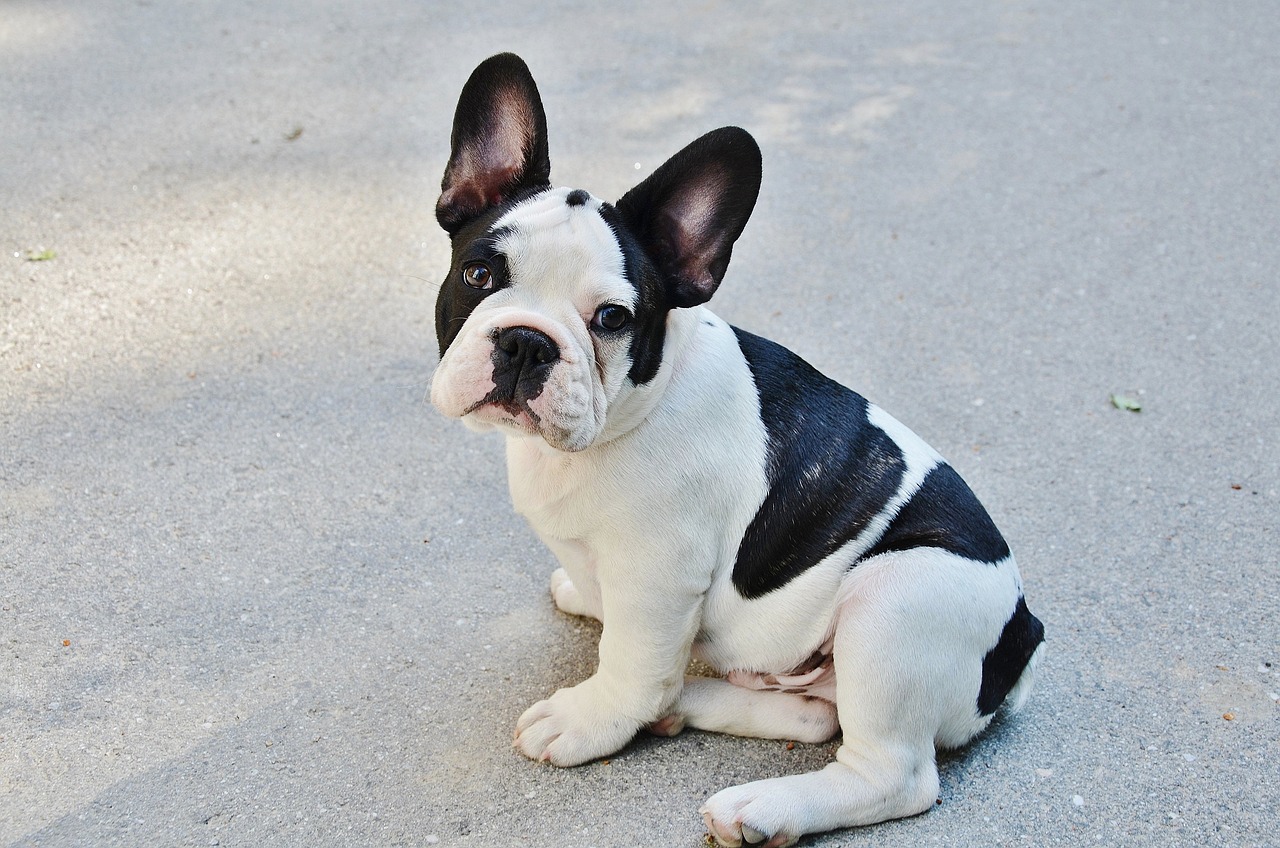
Conclusion
Choosing the right dog breed for your lifestyle is essential to ensure both you and your pet are happy. For those who are away from home often, selecting a breed that tolerates solitude well can prevent behavioral issues and promote a harmonious living environment. Conversely, understanding the social needs of more dependent breeds can help prospective pet owners prepare to meet the emotional needs of their new companions.





